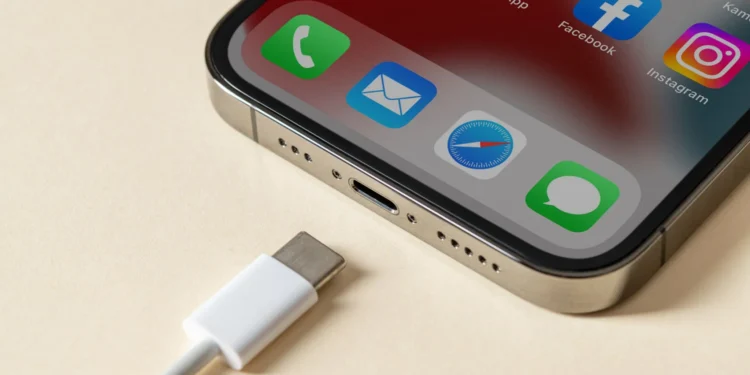In a surprising move that marks the end of an era, Apple has discontinued the sale of its iPhone 14 series and iPhone SE 3rd generation in 29 countries, including territories within the United Kingdom. This decision was prompted by a new EU directive aimed at reducing electronic waste, which mandates the standardization of charging ports across electronic devices, favouring USB-C over the older Lightning connector.
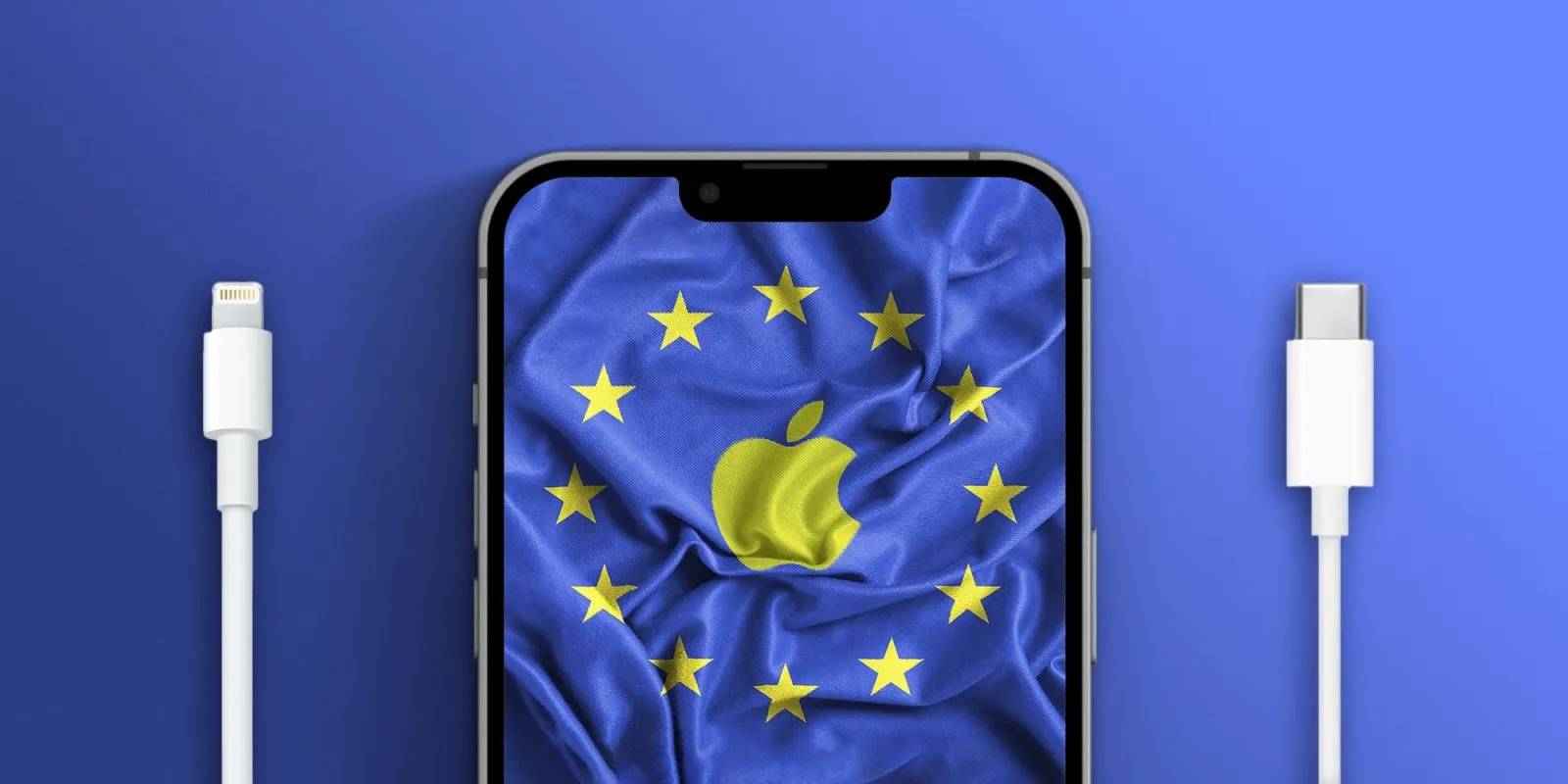
A Directive That Changed the Market
The directive, effective from December 28, 2024, has compelled major tech companies to reevaluate their product lines. Apple, known for its dedication to innovation and often resistant to externally imposed changes, found itself at a crossroads with its iPhone 14, iPhone 14 Plus, and iPhone SE—all of which featured the now outdated Lightning port. As countries across the European Union embraced this new regulation, Apple had to withdraw these models to comply. This change did not only affect EU countries; the ripple effect reached non-EU members like Switzerland, and even Northern Ireland due to its unique trading agreements post-Brexit, preventing sales in places like Belfast.
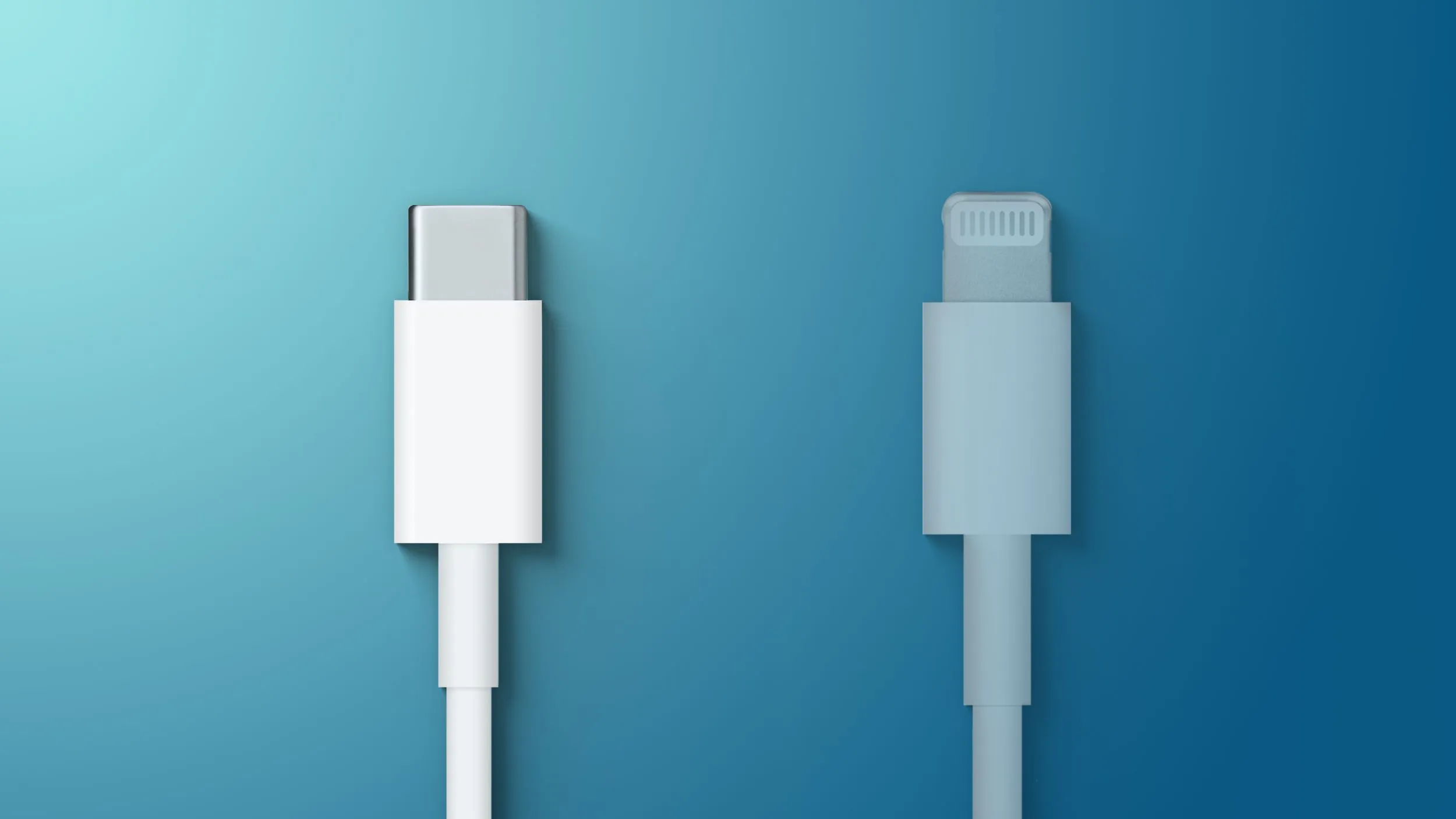
The Transition to USB-C
This isn’t the first time a major tech player had to adapt to new regulations, but for Apple, it signifies a significant shift. The company had already transitioned to USB-C for other products, including iPads and Mac accessories, ahead of the iPhone 15’s debut. Apple’s shift, albeit reluctant, acknowledges the industry’s move towards a more universal and environmentally friendly standard. “While this directive may seem like a restriction, it ultimately guides the industry towards greater sustainability,” stated an EU spokesperson in response to the directive. Apple has not commented directly on the removal of these models but has previously expressed concerns that such mandates could stifle technological creativity.
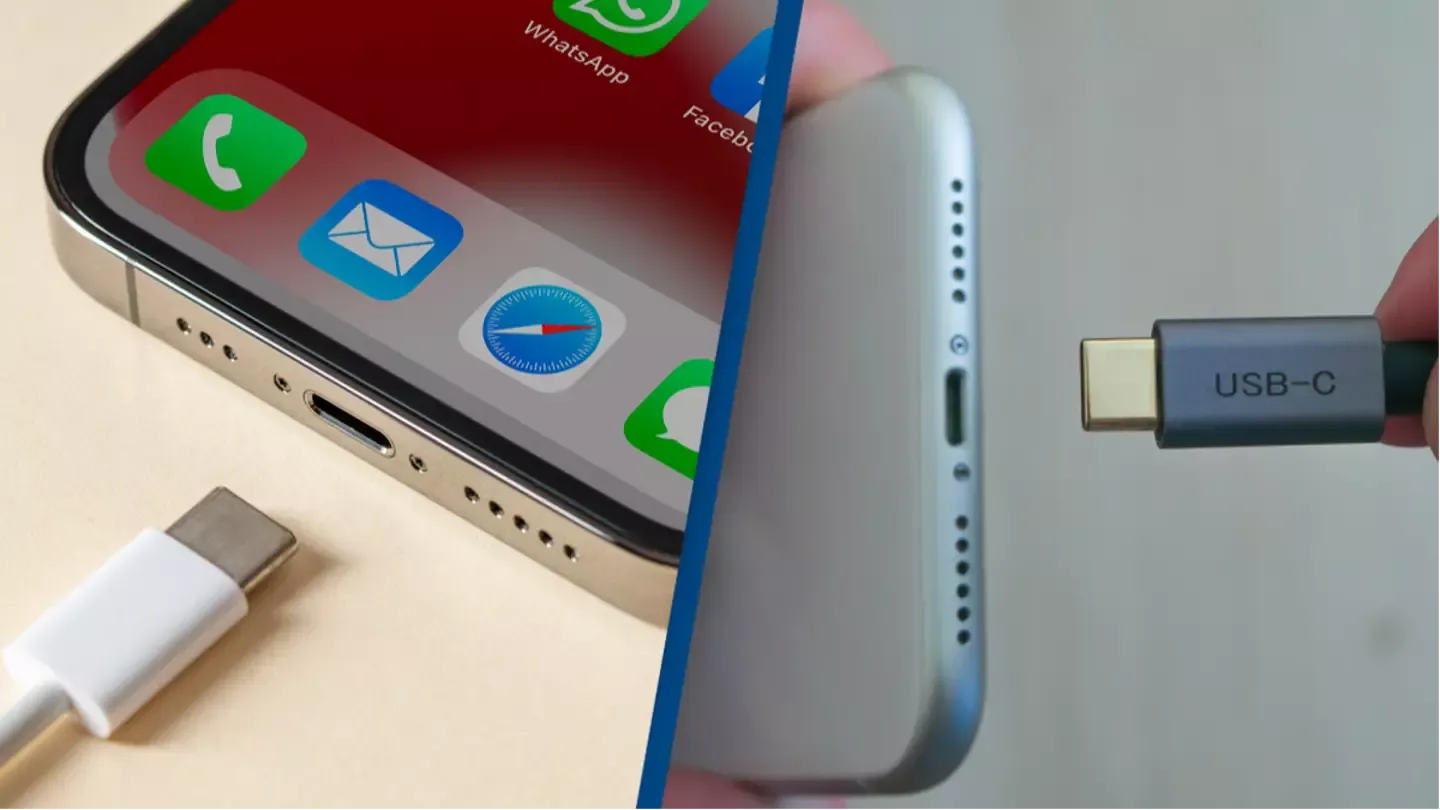
Availability and Future Outlook
For consumers in Europe wondering about their ability to purchase these models, there’s a silver lining. Third-party resellers still have existing stocks available, with platforms like Amazon in Spain listing the iPhone 14 as available at the time of writing. However, this stock is expected to dwindle rapidly as no new units can be sold within the affected regions. Looking ahead, the implications of this directive are vast, setting a precedent that other nations might follow. The global tech community has kept a close eye on these developments, anticipating minimal immediate impact but recognizing the potential long-term influence on product designs and consumer habits.
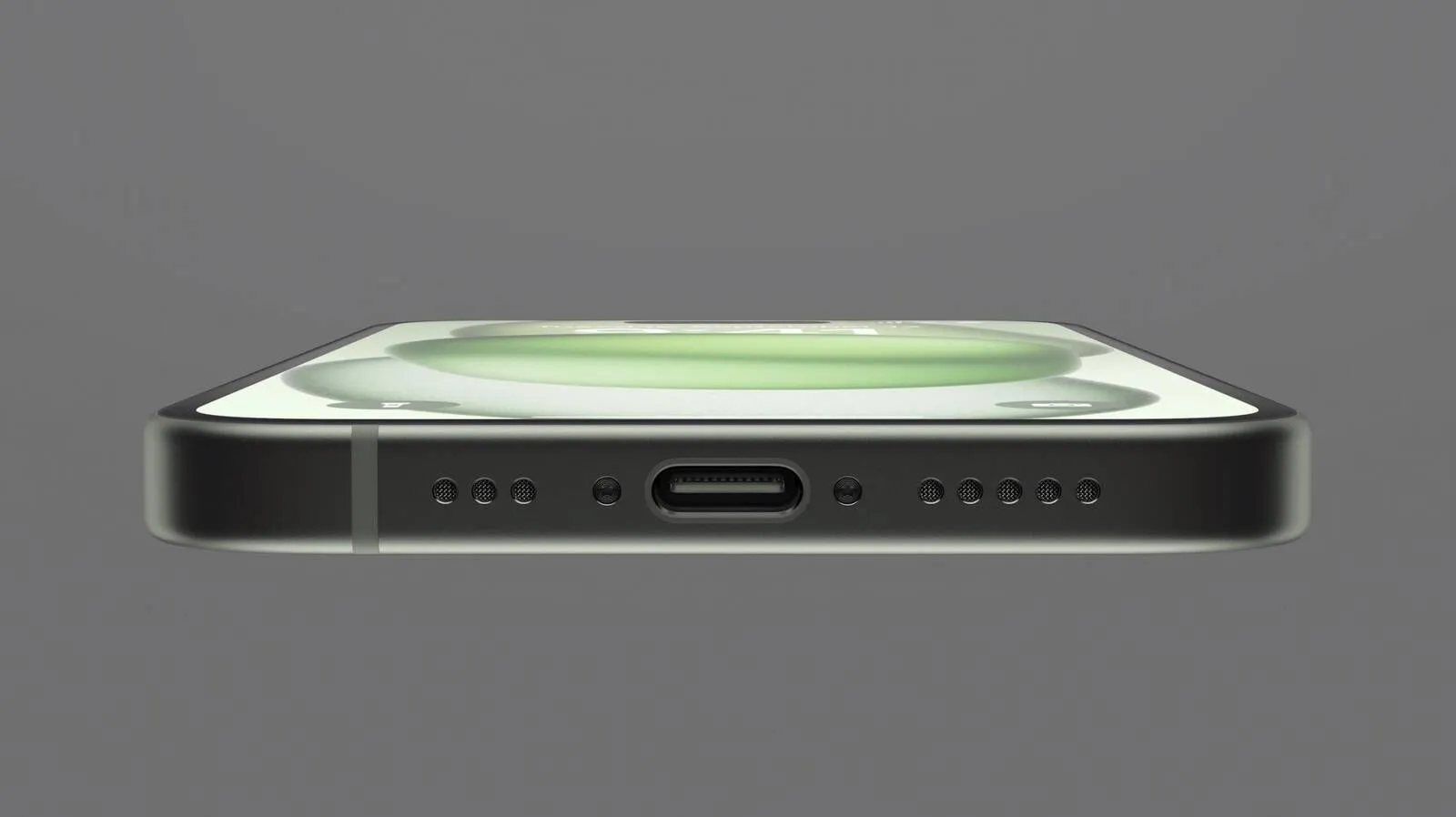
What’s Next for Apple?
With the iPhone SE sales already waning and rumours of a new model in spring 2025, Apple may see this as an opportunity to refresh its lineup. Meanwhile, tech enthusiasts and industry analysts alike will be watching closely to see how this tech giant navigates these regulatory waters with its future product innovations.
The discontinuation of the iPhone 14 and iPhone SE in Europe is not just a compliance measure but a pivotal moment in tech history. As the industry moves towards a more standardized, sustainable future, Apple’s adaptability will be a testament to its enduring influence in the global market.

